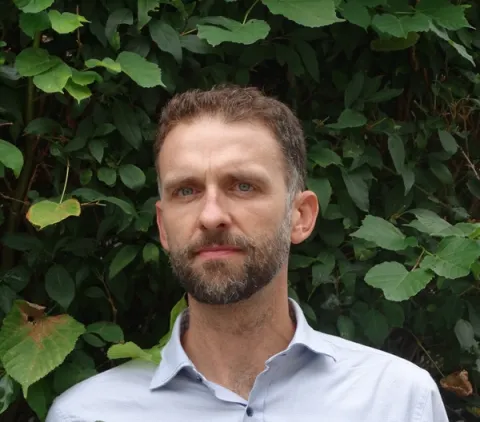Applied Economics

The Applied Economics group produces innovative research that furthers and deepens our understanding of economic behaviour and global economic challenges, that informs and influences economic policy.

The Applied Economics group produces innovative research that furthers and deepens our understanding of economic behaviour and global economic challenges, that informs and influences economic policy.

The Applied Economics group is comprised of experts specialising in applied microeconomics and areas related to labour economics, development economics, health economics, economics of education, and applied industrial organisation. In particular, our research has focused on international migration, crime, social networks, mental health, education, and innovation. We use state of the art econometric techniques to provide rigorous evidence on economic and societal challenges. The group has influenced and shaped public and economic policy at national and global level through its research on UK migration, European Union mergers policies and the behavioural impacts of water usage.
The research group is addressing the following economic and societal challenges:
Some of our researchers are members of the ESRC-funded multi-disciplinary Centre for Population Change collaborating on major research projects such as Connecting Generations and the Horizon 2020-funded Quantmig.
Explore our latest news and events.

We use state of the art econometric and quantitative techniques to provide rigorous evidence to inform national and international economic policy.











